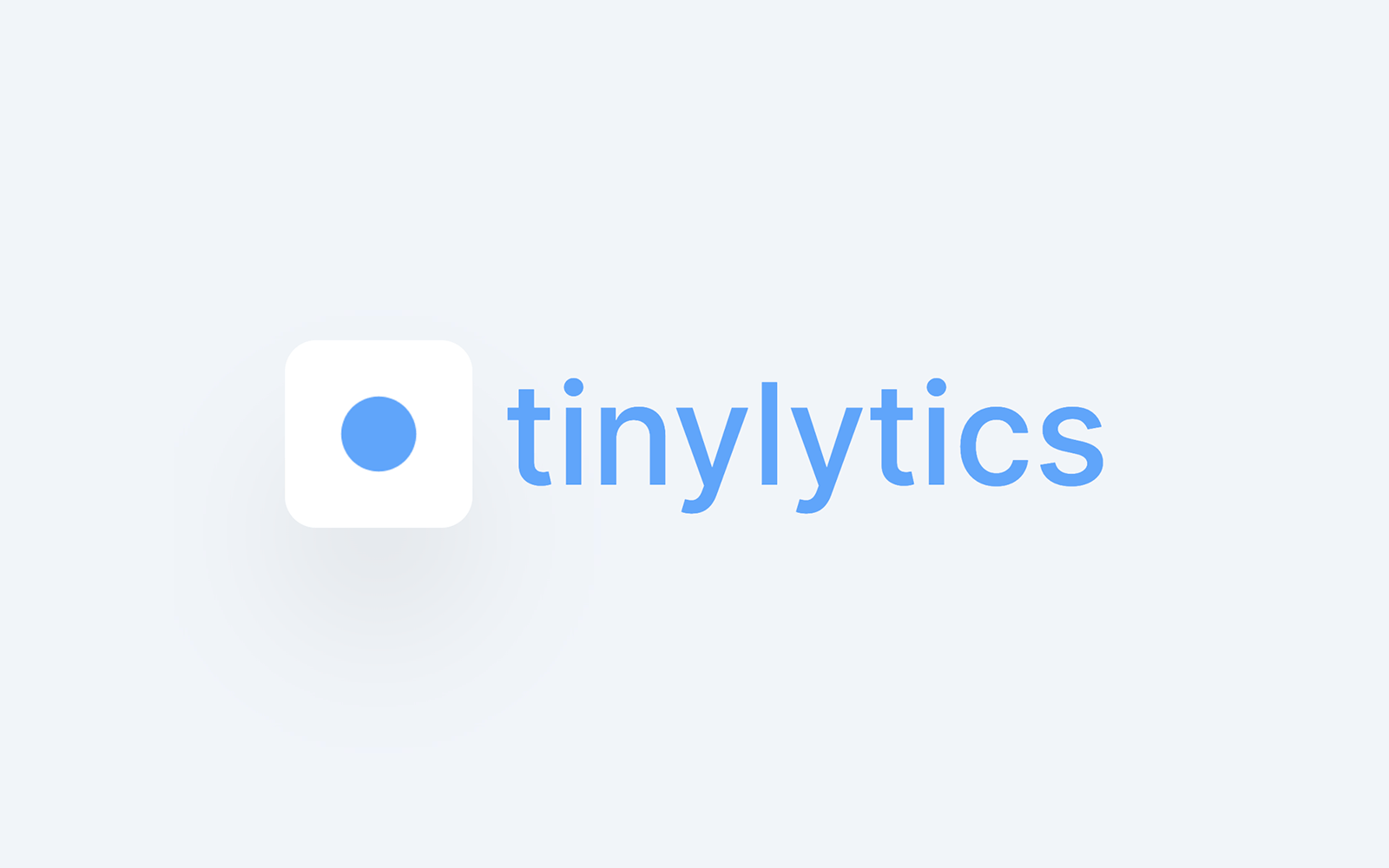Tinylytics Is a Simple, Privacy-Focused Alternative to Google Analytics

If you have a website, then chances are, you probably want to know how it’s doing. How many people visited it last month? What are its most popular pages? Where are your visitors coming from, and how did they find your site? In order to answer those burning questions, there’s a good chance you or your developer installed Google Analytics, arguably the most popular website analytics tool around.
Google Analytics is extremely powerful, and lets you dig deep into your site’s traffic. In all honesty, though, it’s probably too powerful for most people who aren’t marketers or data scientists; it’s packed with features and functionality that most site owners will probably never need nor use. (And no, Google Analytics does not affect your site’s Google rankings.) Then there’s the whole privacy issue. Although Google Analytics’ most recent version — often called “GA4” — includes some privacy enhancements, it still raises concerns around the world because of how it handles user data.
I find GA4 very convoluted, and if this Reddit thread’s any indication, I’m not the only one. I’ve explored several alternatives, like Fathom, Matomo, and Plausible, but when Robert Rackley blogged about Tinylytics several months ago, something just clicked. Built by Vincent Ritter, who also works on the Micro.blog platform, Tinylytics is billed as “a joyful analytics tool for small websites, that’s easy to use” — and it’s certainly that.
Like Google Analytics, Tinylytics requires adding a small snippet of tracking JavaScript to your site. Once that’s in place, Tinylytics begins collecting data, including pageviews, visitor browsers and platforms, and referrers. (Tinylytics currently does not display unique visitor counts, but that’s in the works.) To see what all of this looks like, check out Tinylytics’ public stats page.
Other features include uptime monitoring, extensive filtering controls, and some fun items like old-school hit counters and webrings as well as the ability to track kudos (i.e., page “likes”). On top of everything else, Tinylytics respects user privacy. Tinylytics doesn’t store anything that could be personally identifying, such as IP addresses and user agent strings (more info), nor does it set any cookies. That, and it’s hosted in Germany, which helps with GDPR compliance.
Tinylytics offers “free” and “paid” tiers. The “free” tier collects up to 1,000 hits/month and displays 30 days’ worth of data. The “paid” tier — which costs $5/month or $50/year — collects up to 100,000 hits/month and offers unlimited data storage, the aforementioned uptime monitoring, and more detailed stats. Both tiers support putting unlimited sites on a single Tinylytics account (their combined hits will count towards your tier’s limit) and offer free email support, which is excellent; I’ve emailed Ritter several times and have always received prompt, detailed responses.
I’m on the paid tier because (A) I think Tinylytics is both useful and promising and (B) I want to ensure its continued development. (In a recent newsletter, Ritter announced that Tinylytics generates enough income that he can now focus on it more, which is a good sign for the platform, long-term.)
To date, the only issue I’ve experienced with Tinylytics is that my stats page is super-long and unwieldy — which is due entirely to my site’s size. Tinylytics is primarily designed for “small” websites, and with 7,000+ posts, Opus isn’t exactly small. That probably puts me in the minority of Tinylytics’ users, but even so, I’d still welcome some form of pagination or navigation for longer stats.
Opus currently uses both Google Analytics and Tinylytics. (Their numbers are pretty similar, if you’re wondering.) But I plan to remove Google Analytics and use Tinylytics exclusively starting in 2024.
Over the years, some have advocated for removing website analytics altogether and there are valid concerns with any analytics (e.g., privacy issues, the extent to which bots can skew the numbers). I’m sympathetic to those things; however, I still like having some idea of how Opus is doing.
Tinylytics gives me that in a simple, well-supported package. I’m happy to give it my money, and I look forward to seeing what else Ritter has in store for the platform.